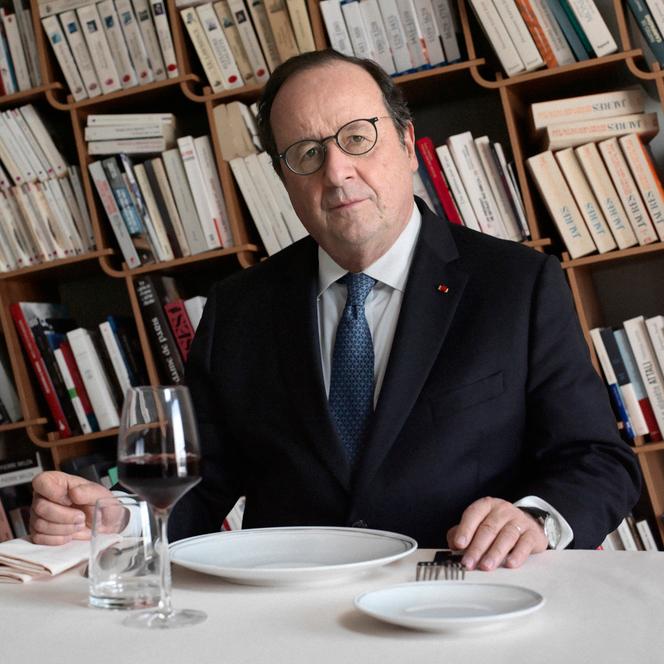


Former French president François Hollande was born in the northern city of Rouen, but he found his base of support in the rural central Corrèze region. He even knows its wines. The Socialist politican, who will turn 70 in August, talked to Le Monde about the agricultural crisis, farmers' complex relationship with Europe, the role of wine at the Elysée and his own tastes.
First, there is no such thing as agriculture, just as there is no such thing as viticulture, but rather farmers and winegrowers. It's always difficult to respond to a global demand when the crisis cuts across so many different sectoral issues. Farmers are first and foremost motivated by the need to have sufficient income to ensure their business's long-term future. And behind the question of regulations lies the question of the adaption to climate change. Ever more frequent bad weather is jeopardizing production. Farmers are under threat and feel they are not always supported or rewarded for the services they provide.
So, the first step would be to provide financial support to farms as they make the change they're being asked to make. I'm not sure that putting the Ecophyto plan [designed to halve the use of chemical pesticides by 2025] on halt was the most appropriate response, including for some farmers. Because this phyto plan will come back. That much is certain. That it can be corrected on certain ambiguous points is fine. But to imagine that there will be no more rules limiting the use of pesticides for several months or years is an illusion, considering their consequences for nature and farmers' health.
Europe creates norms, that's undeniable, but what we must understand, and I can testify to this as a former president of the Republic, is that it still does a lot for agriculture. It represents 30% to 35% of its budget. And France is the leading beneficiary country. So, the first duty of the president of the Republic is to maintain agriculture at a high level in the European budget and to ensure that the CAP [Common Agricultural Policy] has the greatest possible impact on our country. In any negotiation, it's necessary to make compromises and accept rules – environmental rules, among others. Farmers must therefore apply these norms if they are to be compensated. It may be tempting to do away with the rules, but then how would we keep the subsidies?
You have 71.26% of this article left to read. The rest is for subscribers only.
